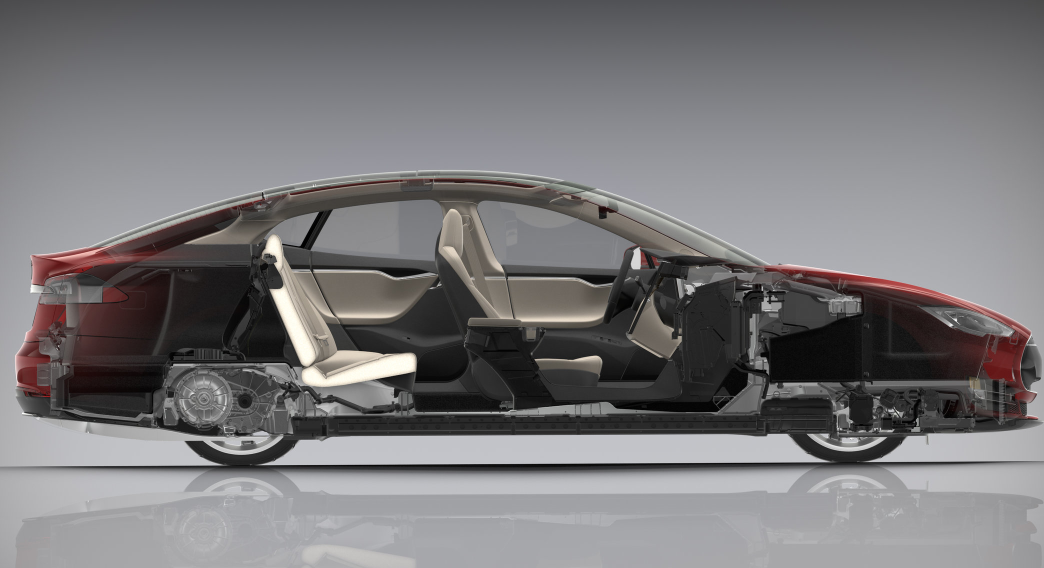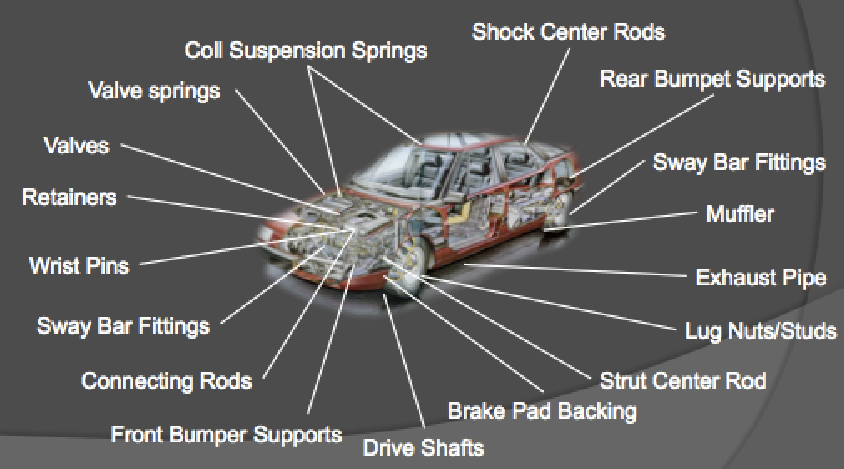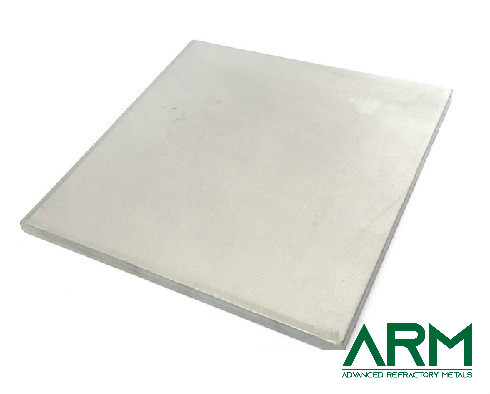Advantages and Disadvantages of Titanium Used in the Automobile Industry

Advantages and Disadvantages of Titanium Used in the Automobile Industry
Titanium metal has the advantages of low density, high specific strength, and good corrosion resistance. Titanium material can greatly reduce the quality of the automobile body, reduce fuel consumption, as well as improve engine efficiency. However, the high price of titanium makes it useful only in luxury cars and sports cars, but not in ordinary cars. In this article, we will talk about the advantages and disadvantages of titanium used in the automobile industry.

Advantages and disadvantages of titanium used in the automobile industry
Application of Titanium in Automobile Parts
Titanium alloys have been widely used in aerospace, petrochemical, and ship industries, but they are rarely used in the automobile industry. From 1956, when the first all-titanium automobile was developed by general motors of the United States, titanium auto parts did not reach the level of mass production until the 1980s. In the 1990s, with the increasing demand for luxury cars, sports cars, and racing cars, titanium parts developed rapidly.

Advantages and disadvantages of titanium used in the automobile industry
Titanium parts can reduce the total mass of a car. According to the design and material characteristics, titanium is mainly distributed in engine components and chassis parts in the new generation of vehicles. Titanium can be used to make engine system valves, valve springs, and connecting rods, as well as chassis components of springs, exhaust systems, half-shafts, and fasteners.
Advantages of Titanium Alloy in Automobile
Titanium alloy has the advantages of a lightweight, having high specific strength, and good corrosion resistance, so it is widely used in the automotive industry. The advantages of making engine parts from titanium alloy are mainly shown in the following aspects.
1. The low density of titanium alloy can reduce the inertia mass of moving parts, and titanium valve springs can increase the free vibration, and reduce the vibration of the body, thereby increasing the engine speed and output power.
2. Reduce the inertia mass of moving parts, thus reducing the friction force and improving the fuel efficiency of the engine.
3. The choice of titanium alloy can reduce the load stress of the relevant parts so that the mass of the engine and the vehicle can be reduced.
4. The reduction of the inertial mass of components reduces vibration and noise and improves engine performance.
Disadvantages of Titanium Alloy on Automobile
Although titanium alloy parts have such superior performance, it is still far from the universal application of titanium and its alloys in the automotive industry, due to such problems as high price, poor formability and poor welding performance.
In recent years, with the development of the electron beam welding, plasma arc welding, laser welding, and other modern welding technology, the forming and welding problem of titanium alloy is no longer the key factor restricting the application of titanium alloy. The most important reason that prevents titanium alloy from being widely used in the automobile industry is its high cost.

Titanium Plates
Titanium alloys cost much more than other metals. The production cost of the titanium plate is mostly higher than $33 /kg, which is 6 ~ 15 times of aluminum plate and 45 ~ 83 times of steel plate.
Conclusion
Thank you for reading our article and we hope it can help you have a better understanding of the advantages and disadvantages of titanium used in the automobile industry. If you want to know more about titanium and other refractory metals, you can visit Advanced Refractory Metals (ARM) for more information.
Headquartered in Lake Forest, California, USA, Advanced Refractory Metals (ARM) is one of the leading manufacturers & suppliers of refractory metals across the world, providing customers with high-quality refractory metals such as tungsten, molybdenum, tantalum, rhenium, titanium, and zirconium at a very affordable price.
{{item.content}}
LEVE A REPLY
{{item.children[0].content}}
{{item.content}}






